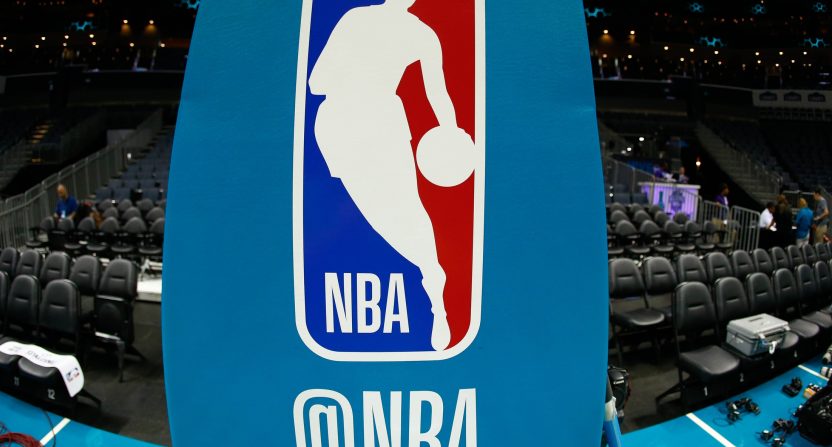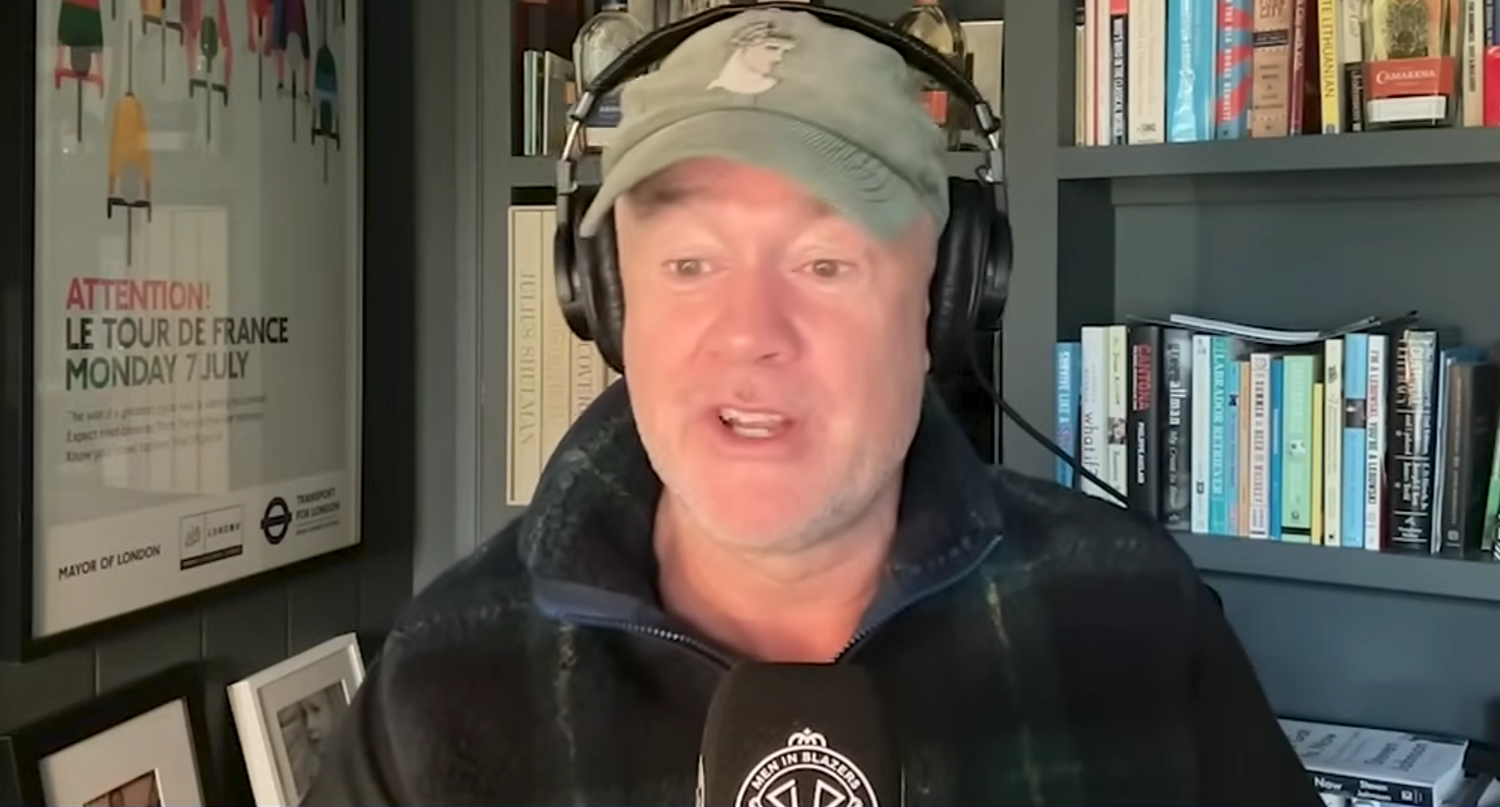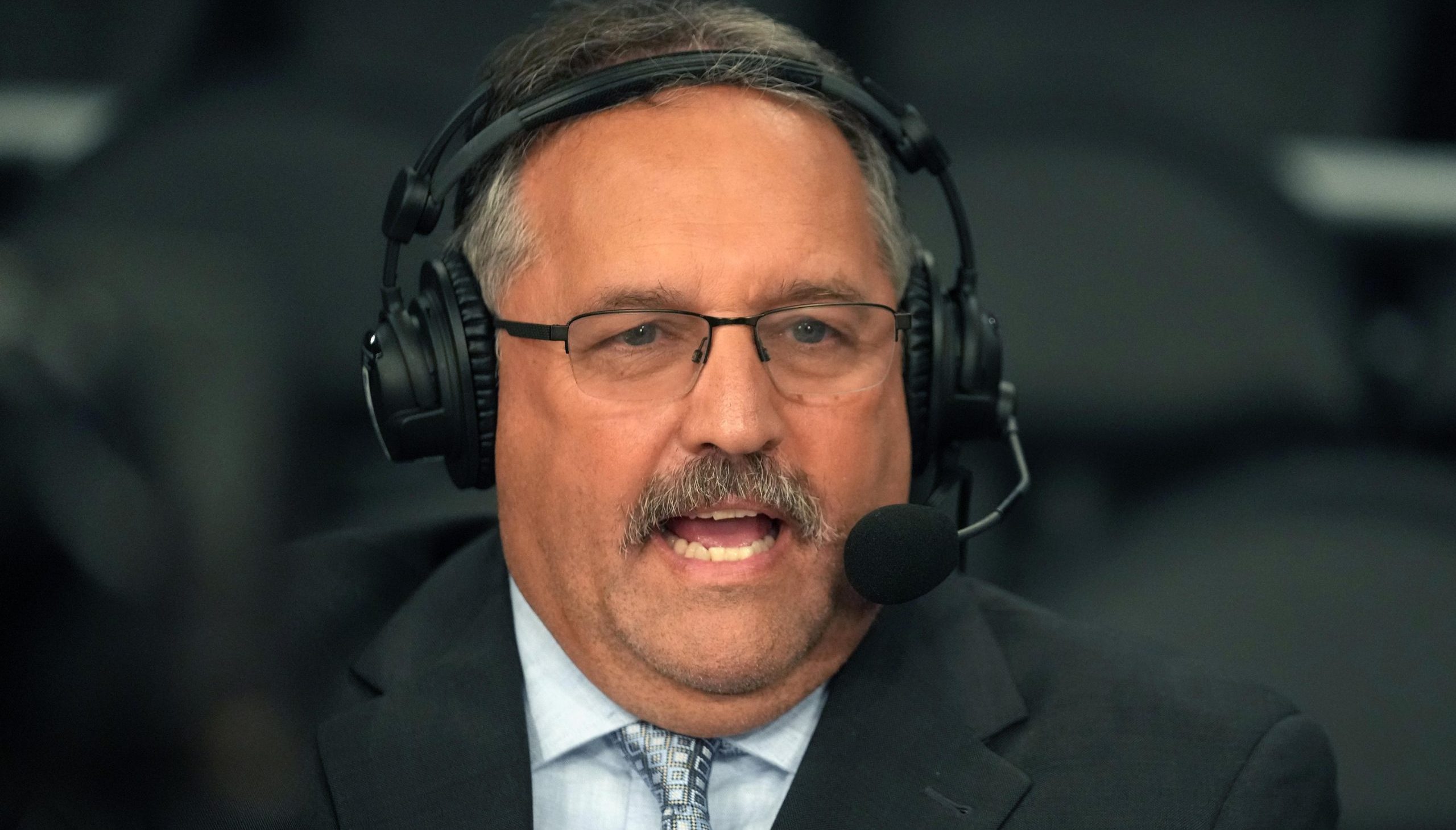The NBA’s recent deal with Sinclair to authorize direct-t0-consumer streaming raised a few eyebrows.
MLB, after all, had taken a much more hardline stance, knowing Sinclair’s financial issues put them in a tough negotiating position. (A cynical read would be that MLB was hoping Sinclair would become insolvent, clearing the path for MLB to launch their own rumored streaming product.) Why would the NBA consider throwing Sinclair a lifeline, especially considering their round of possibly business-saving financing was based heavily on the league doing so?
John Ourand of the Sports Business Journal reported details of the NBA’s deal today, and they reveal that Adam Silver and the league office knew exactly what they were doing here.
Via SBJ, the league essentially insisted on a series of one-year contracts, with benchmarks and baselines Sinclair/Diamond Sports need to hit in order to trigger the next year’s deal. If they fail to meet any of these, the NBA can opt out. Some of the requirements:
Some of those conditions are basic, like ensuring that Diamond received the necessary financing to continue financing a streaming service. Diamond already met that condition through the $600 million round of financing it announced in January.
Another condition mandates that Diamond Sports launches a direct-to-consumer service by September. Sinclair has said to expect its service to launch in the spring.
Yet another allows the NBA to get out of its deal if Diamond Sports misses a rights fee payment to any one of the 16 NBA teams under contract.
This one, though, might be the real kicker:
If Diamond fails to meet even one of the NBA’s conditions, the league does not have to renew its extended market and digital rights deals. Not only that, but Diamond Sports also would lose any ability to take advantage of the NBA’s digital rights.
Perhaps more importantly, Diamond also will lose protections it would have in case the NBA wants to launch its own streaming service in those markets without Diamond’s help.
The NBA is essentially letting Diamond (which, again, is the venture Sinclair launched to handle this sports streaming service) take a crack at this in exchange for setting themselves up to take back the necessary rights if it fails, while also ensuring they can do so as quickly as possible if it does fail. This limits the broadcaster’s ability to tie things up for years if things go downhill; the NBA can simply drop them and start their own effort.
This is an incredible insight into the amount of leverage the league possessed in these negotiations. It’s clearly very protective of the league; Sinclair is assuming pretty much all of the risk, based on what we can tell. If the product succeeds, great, the NBA has a new way to deliver games to fans in markets that Sinclair has struggled to penetrate due to an inability to reach deals with streaming television providers.
If it fails, the NBA can cut Diamond out and launch their own offering in-market, which would be a double-blow to Sinclair (though in that scenario the second blow probably wouldn’t matter that much.)
It’s hard to look at this as anything other than impressive bit of business for the NBA.
[SBJ]





